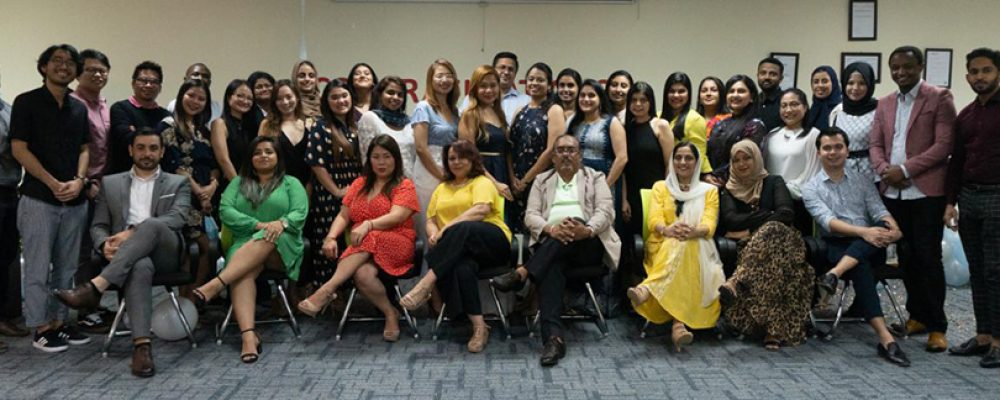Autism is by far one of the most common developmental disabilities. For children with autism spectrum disorder, receiving an early diagnosis can make a big difference in improving behavior, skills, and language development.
Doctors look at the child’s behavior to detect signs of the onset of autism. In many cases, it is hard to detect and there are wrong diagnosis made as a consequence. Artificial intelligence has provided a window of opportunity by using machine learning algorithms to ask the appropriate questions that help correct diagnosis. By training the algorithm one can reach better decisions.
ASD and ADHD are both neurodevelopmental disorders, which are often misdiagnosed for one another, the behaviors exhibited by a child due to ADHD, such as impulsiveness or social awkwardness, might look like autism, and vice versa.
To help reach a diagnosis, the practitioner evaluates the child’s communication abilities and social behaviors by gathering a medical history and asking caregivers open-ended questions. Questions cover, for instance, repetitive behaviors or specific rituals, which could be hallmarks of autism.
In UAE, ABLE started its operations in Dubai Healthcare City in January 2015. Since then,the growing clinic has served hundreds of clients and assisted in successfully mainstreaming many of those children.
ABLE recognizes the importance of early intervention, as well as the need for a family-centered approach to provide multidisciplinary, individualized therapy and programs for each child they serve.
They take this responsibility seriously and feel honored to work with a diverse client base and help them on their journey to live more independent lives.
We know that there is not one autism but many subtypes, most influenced by a combination of genetic and environmental factors. Because autism is a spectrum disorder, each person with autism has a distinct set of strengths and challenges.
How people with autism learn, think and problem-solve can range from highly skilled to severely challenged. Some people with ASD may require significant support in their daily lives, while others may need less support and, in some cases, live entirely independently.



